
6 Recruiting Business Success Stories [2025]
A recruiting business is a service and advice-based business that helps companies and organizations find the right candidates for their jobs. These businesses usually serve as a medium between the two entities to create a win-win situation. The job seeker can get the job of their dreams, while the business entity can get a fit candidate for the job.
Recruiting is one of the fastest-growing industries in the United States. Over the past ten years, businesses are struggling to find quality employees and candidates are searching for more opportunities. If you know this, then you have everything you need to make money fast with recruiting.
Starting a recruiting business from scratch is easier than you think. You can have your own staffing agency in just a few weeks and start making a great income while working less.
In this list, you'll find real-world recruiting business success stories and very profitable examples of starting a recruiting business that makes money.
1. Restworld ($1.08M/year)
In high school, Luca started earning money by doing door-to-door leafleting. He later worked in various roles in the restaurant industry while studying psychology and human resources. During his thesis, he came up with the idea for Restworld, a platform to match people and companies in the restaurant industry. After conducting extensive research and validation, Luca and his co-founder launched Restworld and have since built a thriving business with over 800 customers and a community of over 72,000 subscribers.
How much money it makes: $1.08M/year
How much did it cost to start: $30K
How many people on the team: 13
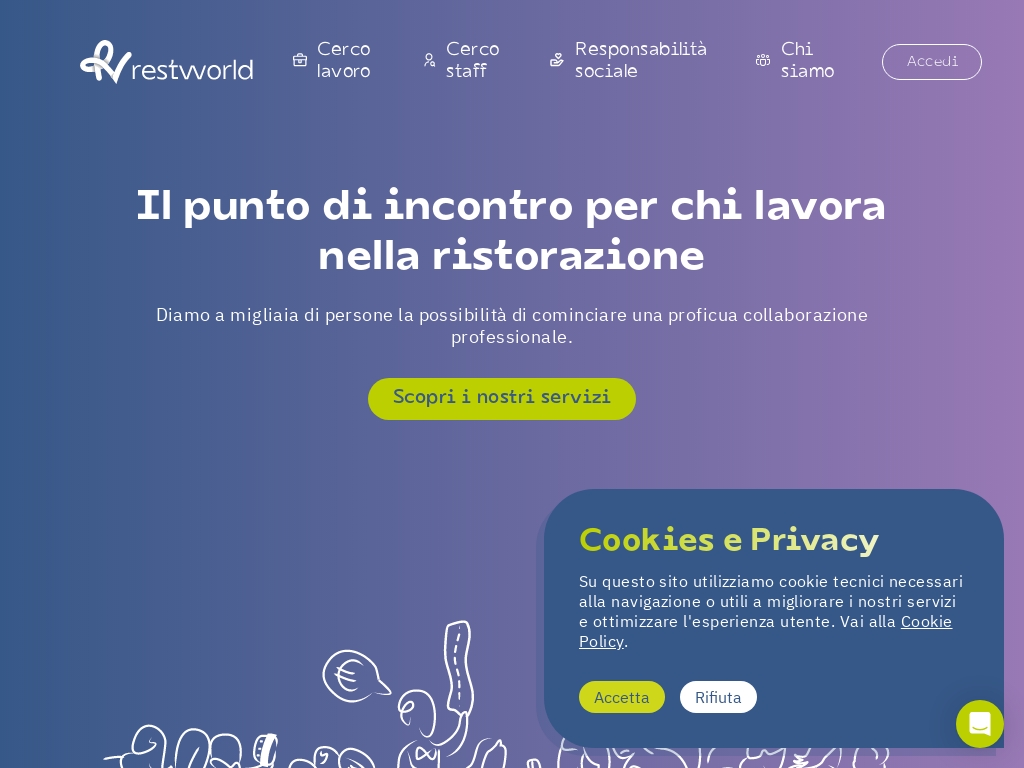

"Restworld, a matching HR platform in the restaurant industry, has achieved impressive numbers with over 800 customers and a community of more than 72,000 subscribers, and has rapidly grown its revenue from 0 to half a million without relying on advertising but trust in the brand and the online reputation."




2. FlexC ($240K/year)
Girish Kukreja, Founder and CEO of FlexC, came up with the idea for his talent marketplace after noticing the shift towards hybrid work models and the increasing use of freelancers and contractors in the industry. With the goal of digitizing and streamlining the hiring process, FlexC aims to become the top marketplace for businesses to manage their hybrid workforce in India, with over 15,000 consultants and 500+ organizations already on the platform.
How much money it makes: $240K/year
How much did it cost to start: $100K
How many people on the team: 25
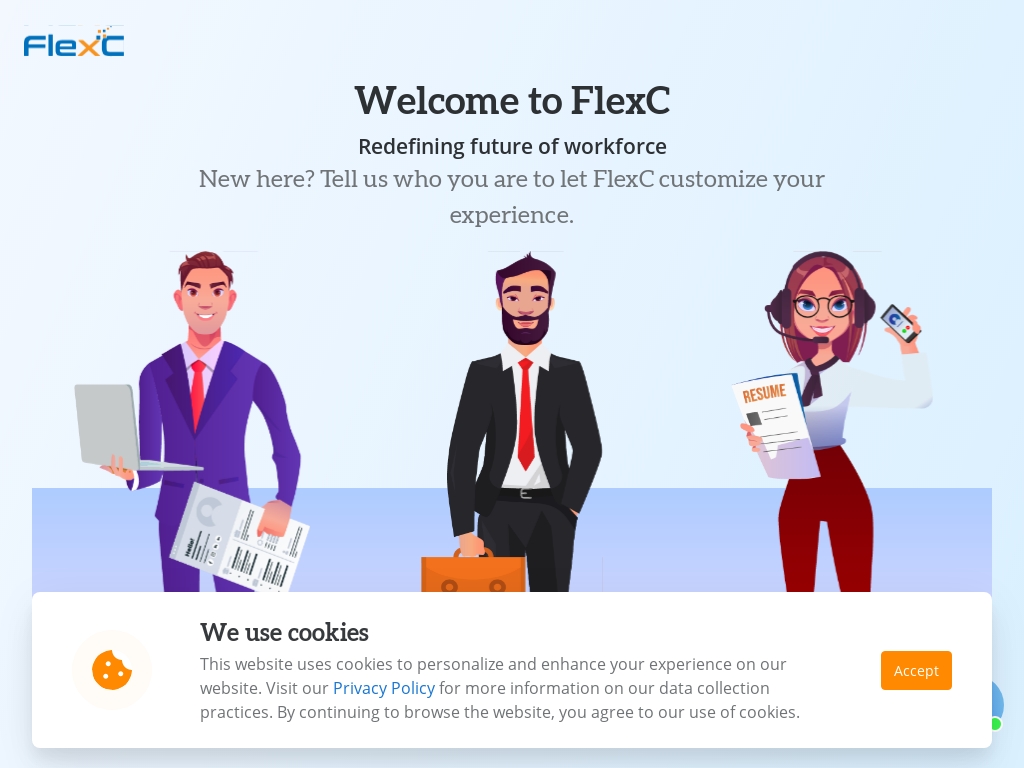

FlexC is a talent marketplace in India that helps businesses hire and manage their hybrid workforce, with the ratio of hiring freelancers and contractors expected to increase to 20-30% of overall employees and more than 15,000+ consultants on their platform already.




3. Talent Service ($180K/year)
the platform, we conducted interviews with potential customers to understand their pain points and needs. This helped us tailor our marketing messages and approach to attract and retain both companies and talents.
To attract companies, we focused on showcasing our unique value proposition of reverse recruitment and the benefits it provides. We targeted companies through digital channels such as social media, online forums, and industry-specific websites. We also leveraged partnerships and collaborations with universities and institutions to reach out to companies seeking IT talents.
For talents, we emphasized the ease and efficiency of our platform in finding the right company match. We used targeted advertising, social media campaigns, and partnerships with coding schools and bootcamps to attract talents. We also encouraged word-of-mouth referrals by providing excellent user experience and support to our existing talent users.
By continuously refining our marketing strategies based on customer feedback and data analysis, we have been able to attract and retain both companies and talents on our platform. As of now, we have achieved significant growth, with almost 3500 IT talents using the platform, 400 companies answering questionnaires via IT talents' links, and 282 vacancies published on the platform within just 3 months since launch.
How much money it makes: $180K/year
How much did it cost to start: $100K
How many people on the team: 6
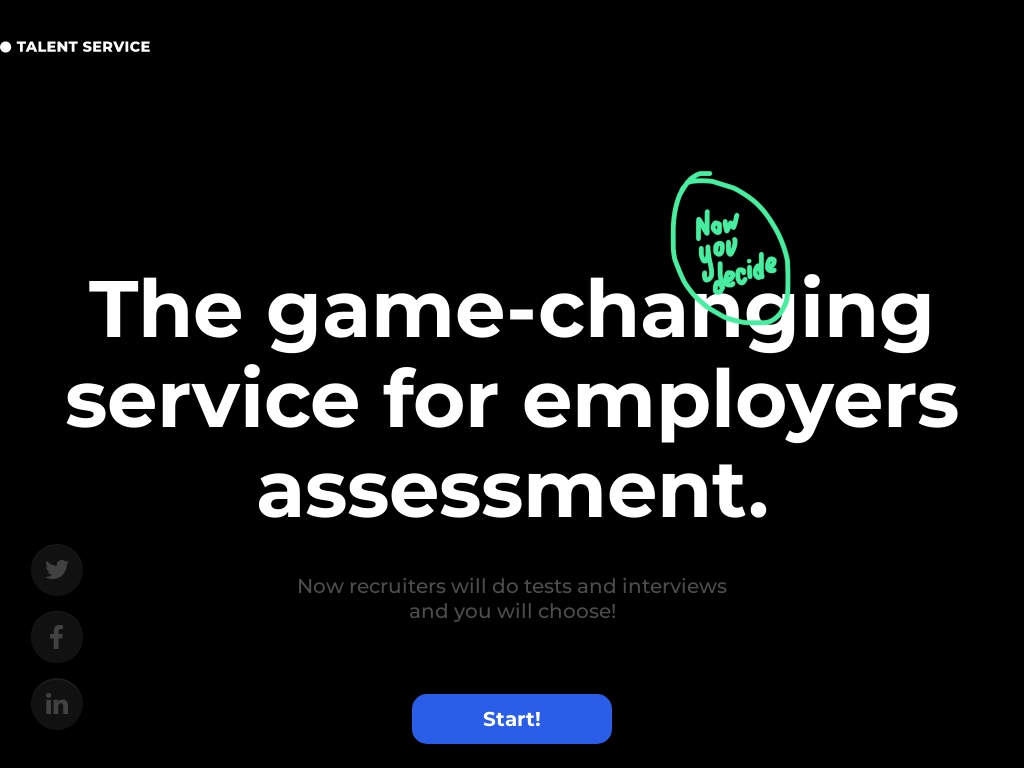

Revolutionary developer-focused platform TalentService garners 3500 IT talents in just 3 months after launch, and counts 400 companies and 282 vacancies on the platform, offering a new approach to reverse hiring of IT talent.




4. Techintern.io ($180K/year)
Kingsong, the CEO of Techintern.io, came up with the idea for his business after noticing the high demand for tech talent at startups and the pause in internships at large tech companies during the pandemic. He saw an opportunity to connect startups with skilled developers who had lost their internships, and decided to build a web application to streamline the process. Through their successful launch on Product Hunt and word-of-mouth referrals, Techintern.io has been able to attract and retain customers, and is currently profitable and expanding their marketing efforts.
How much money it makes: $180K/year
How much did it cost to start: $40K
How many people on the team: 3
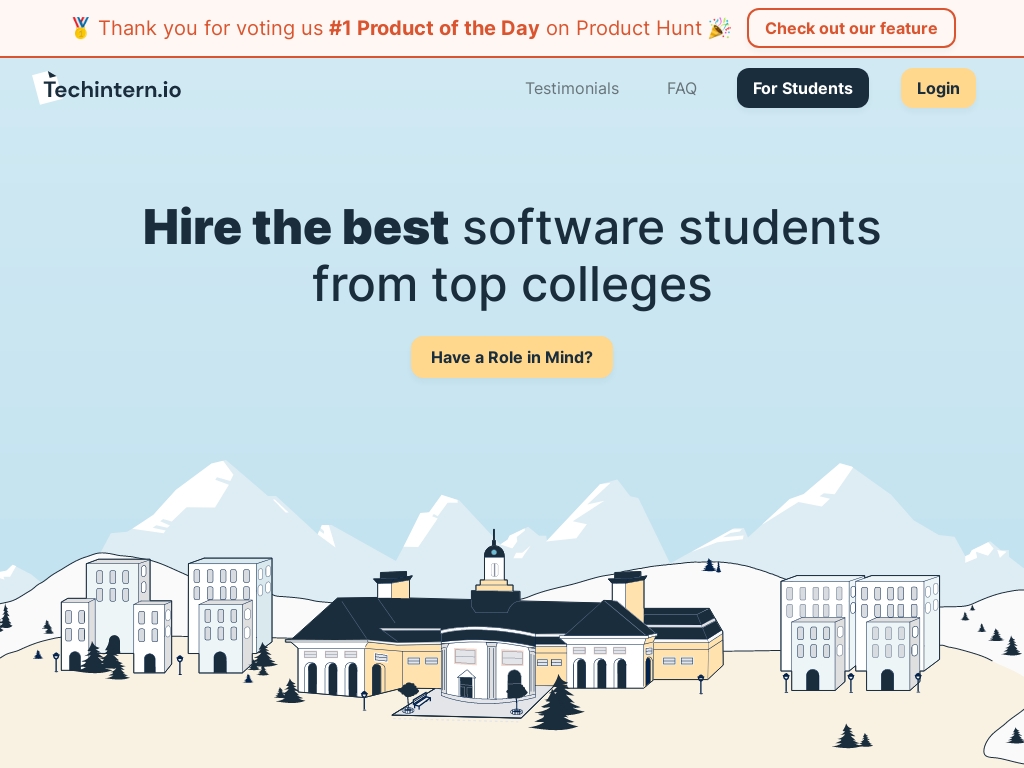

Techintern.io connects startups and tech companies with the best software developer students at colleges across North America and has achieved #1 Product of the Day and #2 Product of the Week on Product Hunt, making $15,000 per month.




5. The Unofficial Shopify Podcast ($108K/year)
Kurt Elster came up with the idea for his podcast, The Unofficial Shopify Podcast, after realizing the potential of content marketing and wanting a consistent way to market his ecommerce consulting services. He decided to host his own podcast after receiving positive feedback from guest appearances on other podcasts, and with the help of his business partner's editing skills, he was able to launch the podcast and grow it to 750,000 downloads and four sponsors.
How much money it makes: $108K/year
How many people on the team: 0
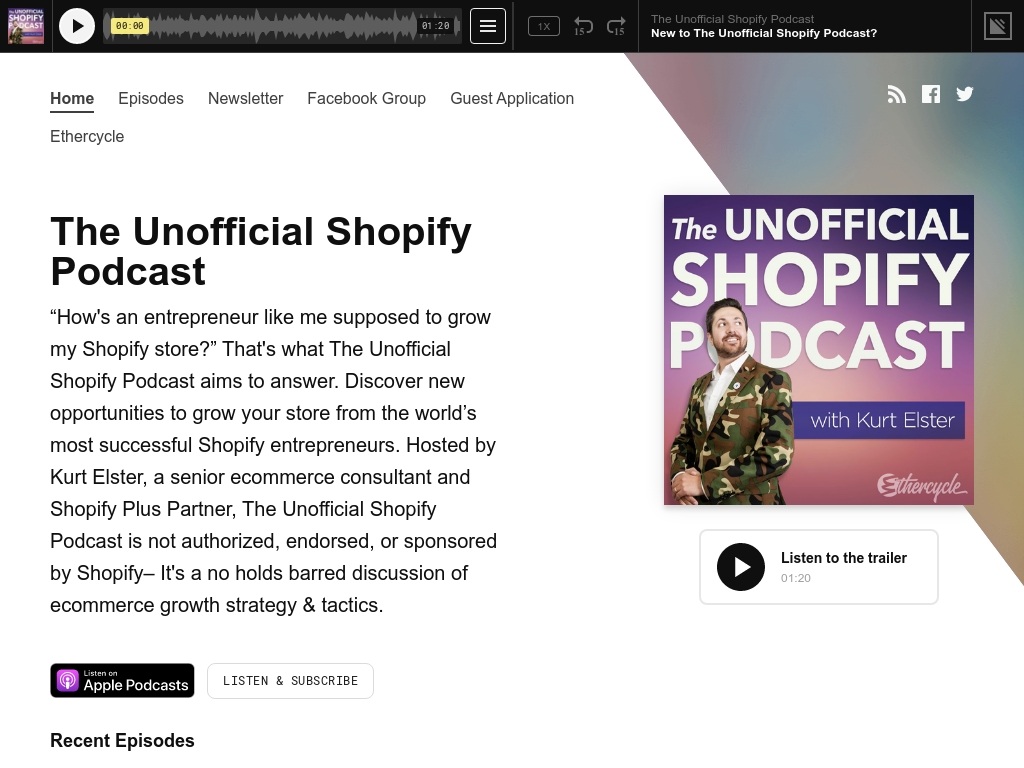

Unofficial Shopify Podcast has generated 750,000 downloads and has four sponsors, resulting in significant monetary gain for ecommerce consultant and host, Kurt Elster, who has created a thriving business and community around his podcast.




6. Vettted ($1.2K/year)
In a video interview, Vasco explains that he came up with the idea for Vettted after working in the freelance marketplace industry since 2016. He noticed several issues with existing marketplaces, such as lack of transparency, high fees, and low-quality services. Inspired to create a better platform, Vasco decided to focus on digital marketing and provide a place where freelancers can keep 100% of their earnings.
How much money it makes: $1.2K/year
How much did it cost to start: $20K
How many people on the team: 0


Vettted, a marketplace for pre-vetted marketers to outsource digital marketing efforts, has launched and has over 65 sellers and 287 users so far, with the goal of providing a platform for talent to keep 100% of their earnings.





Download the report and join our email newsletter packed with business ideas and money-making opportunities, backed by real-life case studies.

Download the report and join our email newsletter packed with business ideas and money-making opportunities, backed by real-life case studies.

Download the report and join our email newsletter packed with business ideas and money-making opportunities, backed by real-life case studies.

Download the report and join our email newsletter packed with business ideas and money-making opportunities, backed by real-life case studies.

Download the report and join our email newsletter packed with business ideas and money-making opportunities, backed by real-life case studies.

Download the report and join our email newsletter packed with business ideas and money-making opportunities, backed by real-life case studies.

Download the report and join our email newsletter packed with business ideas and money-making opportunities, backed by real-life case studies.

Download the report and join our email newsletter packed with business ideas and money-making opportunities, backed by real-life case studies.












